1800
Beginning of Romanticism in visual arts, music and literature
Beginning of Romanticism in visual arts, music and literature
Maria Edgeworth publishes her historical novel, Castle Rackrent
The US Library of Congress is founded; Napoleon invades Italy; discovery of Ultraviolet rays
The Kingdoms of Great Britain and Ireland merge to form the United Kingdom; Thomas Jefferson wins presidential election
William Wordsworth and Samuel Coleridge publish their landmark collection of Romantic poetry, Lyrical Ballads
Thomas Young discovers light waves; Britain declares war on France
The American Academy of Fine Arts is founded
Louisiana Purchase secures over 828,000 square miles of former French territory to USA; Dalton's Atomic theory is established; rebellion in Ireland
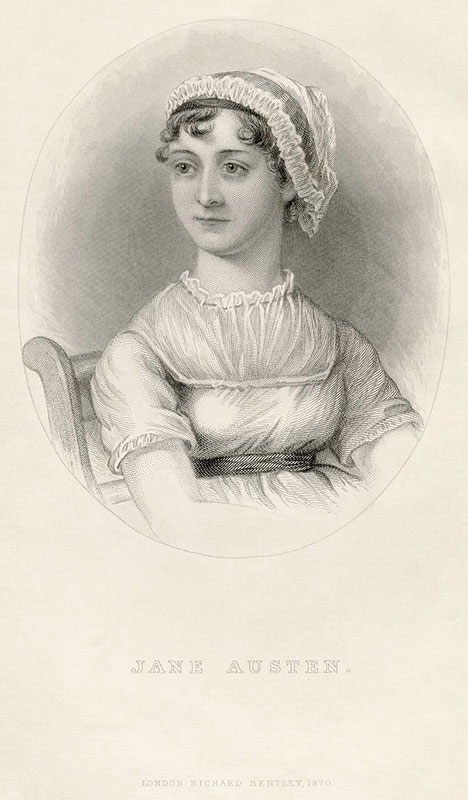
Jane Austen, Northanger Abbey

Napoleon crowned Emperor; Lewis and Clark expedition departs, crossing America overland to the Pacific; birth of Benjamin Disraeli
Birth of Nathaniel Hawthorne; William Blake writes his poem Jerusalem: the Emanation of the Great Albion
Battle of Trafalgar; the first steam locomotive hauls a train of wagons; Battle of Austerlitz; Treaty of Pressburg formally dissolves the Holy Roman Empire
Birth of Hans Christian Andersen; Sir Walter Scott becomes better known with his narrative poem, The Lay of the Last Minstrel
British reacquire the Cape Colony in South Africa from the Dutch, French destroy Prussian army at the Battle of Jena-Auerstedt
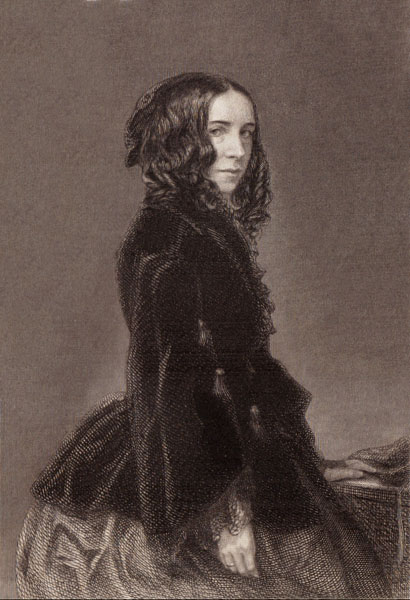
Elizabeth Barrett Browning is born Elizabeth Barrett Moulton-Barrett at Coxhoe Hall, County Durham. She is the oldest of twelve children to parents Edward Moulton-Barrett and Mary Graham Clarke
Abolition of slavery in British Empire; first commercial steamboat is built; first gas street lights in London; Geological Society founded in Britain

Beethoven completes his Symphony No. 5
Law bans importation of slaves into US; French occupy Spain, starting the Peninsular War
Sir Walter Scott, Marmion
Neoclassicism emerges in British architecture with architect Sir Robert Smirke's Covent Garden Theatre; Joseph Haydn, one of the leading composers of the classical style, dies in Vienna; birth of Charles Darwin
Elizabeth Barrett Browning's family relocate to Hope End in Herefordshire, where she is educated at home with her brothers and proves a precocious student
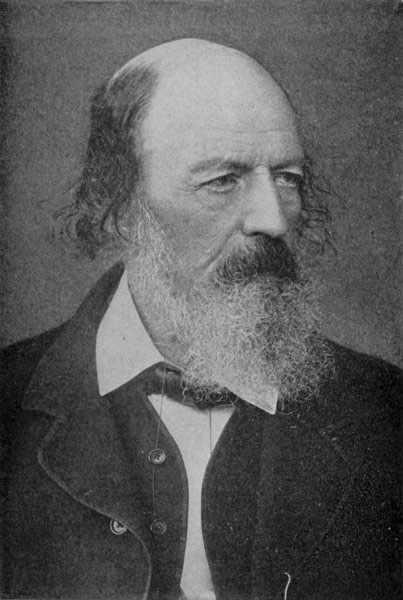
Alfred Tennyson born on 6th August in Somersby, Lincolnshire, one of eight children in the household of local vicar, George Clayton Tennyson and his wife, Elizabeth Fytche Tennyson
Sir Walter Scott, The Lady of the Lake; birth of Elizabeth Gaskell
The Prince of Wales becomes Regent dues to the madness of George III
Jane Austen, Sense and Sensibility; birth of Harriet Beecher Stowe
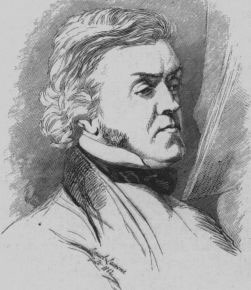
William Makepeace Thackeray is born in Calcutta on 18 July, the son of an East India Company administrator
Outbreak of the American War of 1812 between US and British forces in North America; Napoleon invades Russia; James Madison is elected US President; Luddites attack wool factory in England
Lord Byron's immensely popular poem, Childe Harold's Pilgrimage, makes him an instant celebrity; birth of Edward Lear
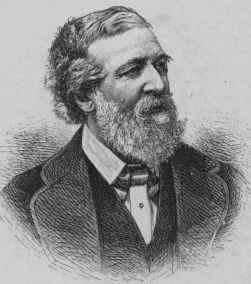
Robert Browning is born in Camberwell, South London, to a family of religious dissenters
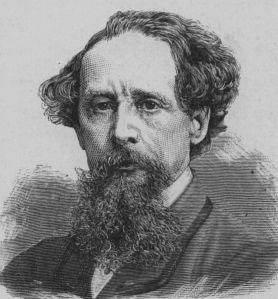
Charles Dickens is born in Portsmouth, Hampshire, the second of eight children to John Dickens, a clerk in the Navy Office, and his wife Elizabeth
Battle of Leipzig-Prussian forces defeat Napoleon's army
Jane Austen, Pride and Prejudice; Percy Bysshe Shelley, Queen Mab; Robert Southey appointed Poet Laureate
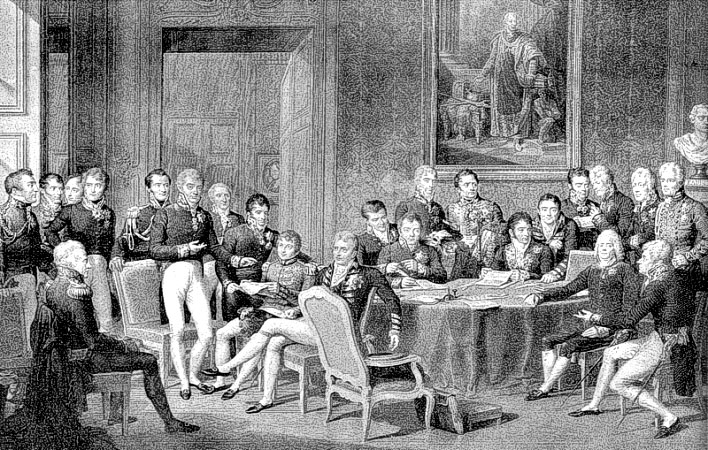
First permanent white settlement founded in New Zealand; Congress of Vienna takes place; Treaty of Ghent ends the war of 1812 between the US and the UK; Stephenson invents the first steam locomotive
Jane Austen, Mansfield Park; Sir Walter Scott publishes his first novel, Waverley, Or, Tis Sixty Years Since, to immediate and enormous success; death of Charles Burney; birth of Ellen Price (later Mrs Henry Wood)
Napoleon is defeated at Waterloo, concluding the Napoleonic Wars; end of the American War of 1812
Birth of Anthony Trollope
Tennyson attends Louth Grammar School
The British Museum acquires the Elgin Marbles
Jane Austen, Emma; Richard Brinsley Sheridan dies
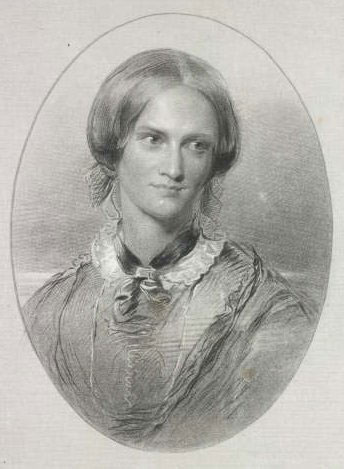
Charlotte Brontë born on 21 April at Thornton, Yorkshire, the third daughter of Patrick Brontë and Maria Branwell
Robert Browning briefly studies at the newly established University of London
Thackeray's father dies
James Monroe sworn in as US president
Death of Jane Austen and posthumous publication of Persuasion; Lord Byron, Manfred; Sir Walter Scott, Rob Roy
Birth of Branwell Brontë
Charles Dickens' family moves to Chatham, Kent
Thackeray comes to England to live with an aunt, attending school in Chiswick Mall
The engineer Thomas Telford proposes his plan for the Menai Suspension Bridge in Wales
Gericault's The Raft of the Medusa becomes an icon of French Romanticism; birth of Karl Marx
Sir Walter Scott, The Heart of Mid-Lothian; 19-year-old Mary Shelley publishes Frankenstein, or the Modern Prometheus, conceived during a holiday in Switzerland with lover Percy Bysshe Shelley and Lord Byron
Emily Brontë born on 30 July at Thornton, Yorkshire
First steamship crosses the Atlantic; the 'Peterloo' Massacre occurs when cavalry charge at a demonstration for parliamentary reform at St Peter's Field, Manchester, killing 15 people; birth of Princess (later Queen) Victoria and Albert (later Prince Consort)
Sir Walter Scott, Ivanhoe ; Lord Byron, Don Juan
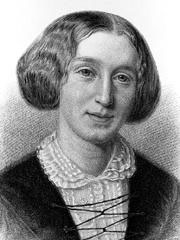
George Eliot is born Mary Ann Evans at Arbury, Warwickshire on 22 November
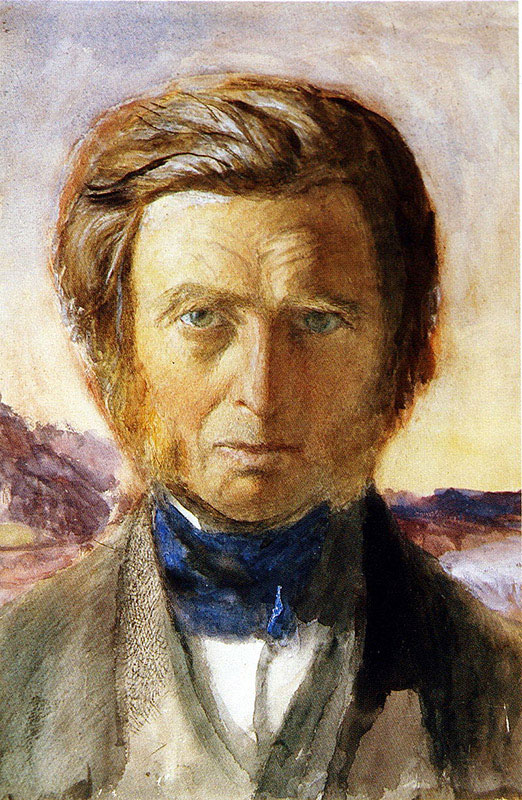
John Ruskin is born on 8 February in London, the only child of prosperous wine merchant John James Ruskin, and his wife Margaret
George IV becomes King; birth of Florence Nightingale
Charles Maturin's Melmoth the Wanderer is one of the last high Gothic novels; Percy Bysshe Shelley, Prometheus Unbound
Anne Brontë born on 17 January at Thornton, Yorkshire. The family soon move to Haworth, where Patrick Brontë has become rector
Elizabeth Barrett Browning's first volume of poetry, The Battle of Marathon, is privately published by her father
Alfred Tennyson leaves Louth to be educated by his father
Death of Napoleon; US purchases Florida from Spain; Greek War of Independence; Mexico gains independence
Death of John Keats; birth of Fyodor Dostoevsky; Sir Walter Scott, Kenilworth; Percy Bysshe Shelley, Adonais
Maria Branwell, mother of The Brontës, dies. Aunt Elizabeth Branwell arrives to run the household
Charles Babbage designs the 'difference engine', an early computing machine; Brazil gains independence from Portugal
Hegel's Philosophy of History lectures begin.
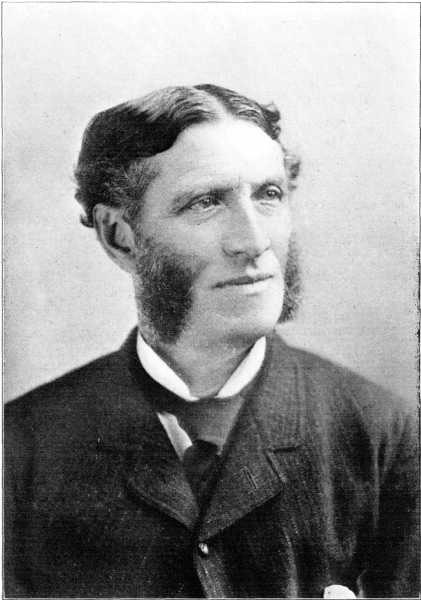
Matthew Arnold born on 24th December in Laleham, Surrey, the son of Thomas Arnold, the renowned headmaster of Rugby School who was famously depicted in Tom Brown's Schooldays
Charles Dickens' family relocates to 16 Bayham Street, Camden Town, London
William Thackeray attends Charterhouse School, the 'Slaughterhouse' and 'Grey Friars' of his fiction
Rugby football is invented at Rugby school
Death of Percy Bysshe Shelley; Thomas De Quincy, Confessions of an English Opium Eater
James Hogg, The Private Memoirs and Confessions of a Justified Sinner; death of Lord Byron
Elizabeth, Maria, Charlotte and Emily attend the Clergy Daughters' School at Cowan Bridge, Lancashire (later to be Charlotte's model for the school in Jane Eyre). The harsh conditions contribute to Elizabeth and Maria's deaths from consumption
Wilkie Collins is born on 8 January 1824 in London, son of the well-known Royal Academician and landscape painter William Collins
Dickens's father is imprisoned at Marshalsea debtor's prison. Charles is put to work in Warren's blacking factory in London. On John Dickens's release, Charles is sent to Wellington House Academy
John Adams becomes US president; first stock market crash in London; the Stockton and Darlington railway in North East England is the world's first public passenger railway
Alexander Sergeevich Pushkin, Eugene Onegin
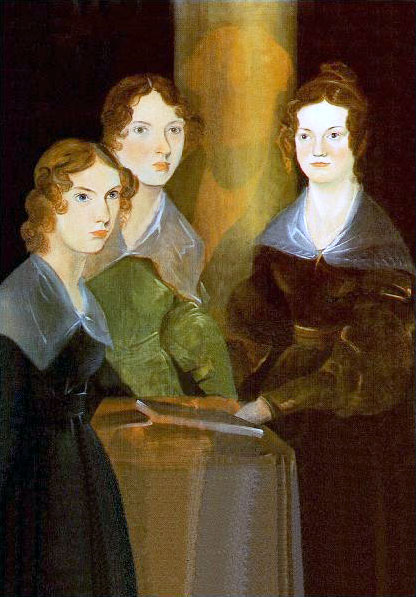
Charlotte and Emily Brontë return home from school. With brother Branwell and sister Anne, the siblings develop the imaginary worlds of Gondal and Angria, which inspire their first writings
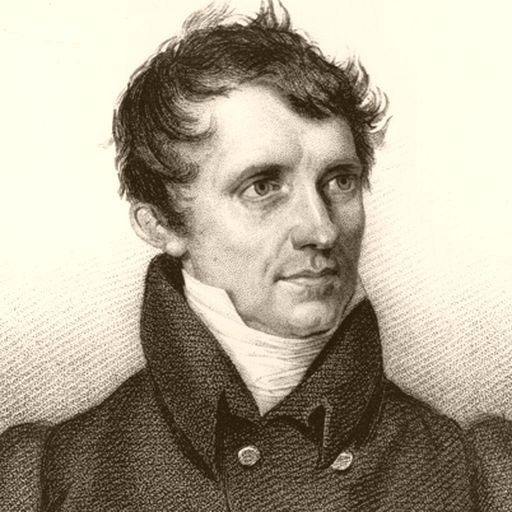
James Fenimore Cooper, The Last of the Mohicans
Elizabeth Barrett Browning publishes her first volume of verse, An Essay on Mind
Lord Liverpool retires as Prime Minister after a stroke; John McAdam oversees the building of McAdam roads in Britain, using tarmac instead of soil
Death of Ludwig van Beethoven; death of William Blake; birth of William Holman Hunt
Charles Dickens leaves the Wellington Academy in North London, and becomes a clerk in the law office of Ellis and Blackmore
Alfred Tennyson enters Trinity college, Cambridge in November and forms a close friendship with Arthur Henry Hallam. His first publication is Poems by Two Brothers, a collection of "his boyish rhymes and those of his elder brother Charles"
Andrew Jackson elected US president; the Duke of Wellington forms Tory administration
Death of Goya; death of Franz Schubert
Birth of George Meredith; Margaret Oliphant; George Augustus Sala; Henrik Ibsen; Jules Verne and Leo Tolstoy
Matthew Arnold moves to Rugby School in Warwickshire when his father is appointed headmaster
Death of Elizabeth Barrett Browning's mother
George Eliot attends Miss Wallington's Boarding School in Nuneaton, Warwickshire. She is taught by Miss Maria Lewis, whose keen interest in Eliot's education, and strong evangelical religious beliefs are a strong influence
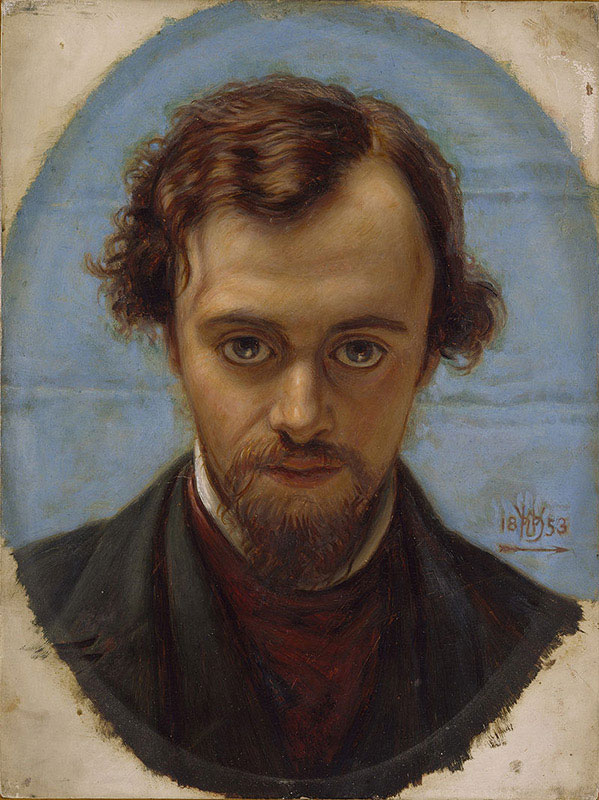
Dante Gabriel Rossetti born in London, son of Neapolitan political exile Gabriele Pasquale Giuseppe Rossetti, and brother of poet Christina Rossetti, critic William Michael Rossetti and author Maria Francesca Rossetti
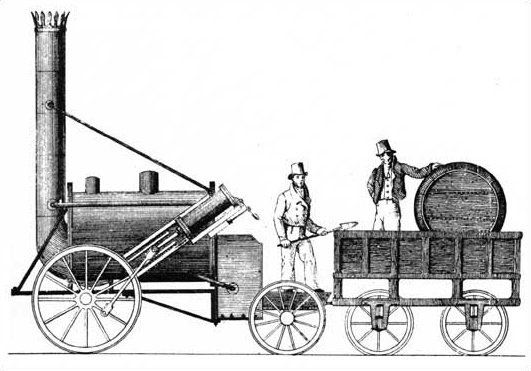
Western Australia founded; Stephenson's Rocket is a landmark in the development of steam trains; Metropolitan police formed in London; the Catholic Emancipation Act is enforced in Britain
Charles Dickens becomes a court reporter at Doctors' Commons
William Thackeray enters Trinity College, Cambridge, where he spends two dissolute years before leaving without a degree in 1830. He travels in Europe, visiting Paris
William IV is crowned King in England; Revolution in France; Indian Removal Act becomes law in US; resignation of Prime Minister the Duke of Wellington
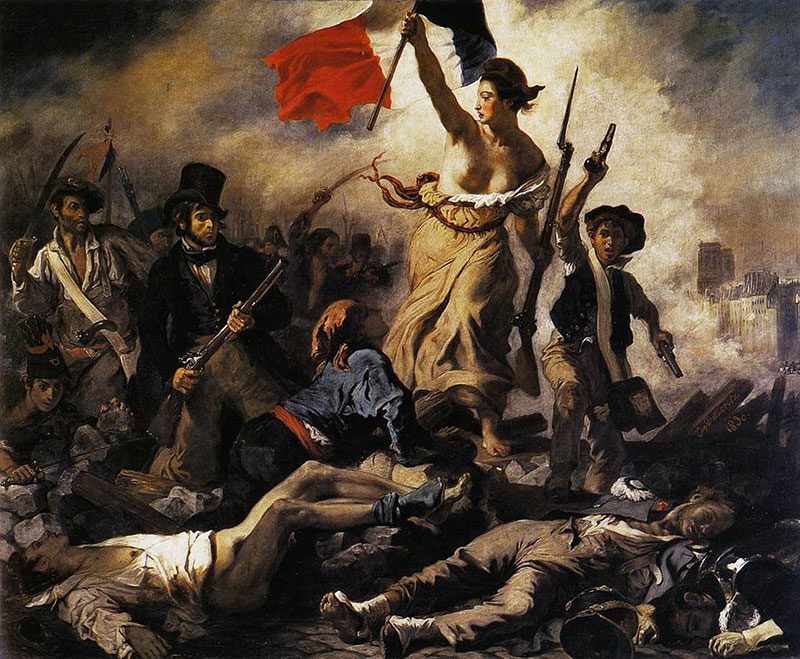
Delacroix's famous Liberty Leading the People commemorates the French Revolution
Charles Dickens meets and falls in love with Maria Beadnell; her parents' disapproval of the courtship is to end it after four years
William Thackeray spends six months at Weimar, where he meets Goethe
Cholera epidemic in UK; Charles Darwin sails from England aboard HMS Beagle; Belgium declares independence
Victor Hugo, Notre-Dame de Paris
Charlotte Brontë briefly attends Miss Wooler's school at Roe Head
Charles Dickens becomes a shorthand reporter with his uncle's publication, the Mirror of Parliament.
Alfred Tennyson's father dies, and Tennyson leaves university without a degree
Thackeray briefly studies law at Middle Temple, London
Samuel Morse invents his code; the Reform Act is introduced in the UK
Many popular 'penny' magazines begin; Edouard Manet born; Harriet Martineau, Illustrations of Political Economy
Frances Trollope, mother of Anthony, comes to notice as a writer with her Domestic Manners of the Americans ; birth of Lewis Carroll
Poems Chiefly Lyrical is published, including 'Claribel', 'Lucretius', 'Mariana', 'The Kraken', 'The Lady of Shalott' and 'The Palace of Art'. Its negative reception, including a critical mauling in the Quarterly Review, leads to Tennyson's 'Ten Years' Silence', during which he refuses to publish. Arthur Hallam becomes engaged to Alfred Tennyson's sister, Emilia Tennyson
Slavery outlawed in British Empire; Birth of Alfred Nobel, inventor of dynamite
Start of the Oxford Movement in the Anglican Church; birth of Edward Burne-Jones
Thomas Carlyle, Sartor Resartus; death of Hannah More
Matthew Arnold's father builds a summer cottage in the Lake District, where Arnold meets Dorothy and William Wordsworth
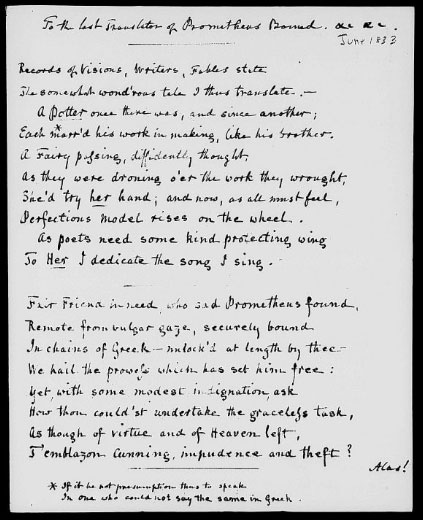
Elizabeth Barrett Browning publishes Prometheus Unbound, translated from Aeschylus, but it receives no critical attention. Robert Browning publishes his first work, Pauline: A Fragment of a Confession
Charles Dickens works as a parliamentary journalist for The Morning Chronicle. Under the pen name 'Boz', Dickens publishes his first piece of fiction, 'Dinner at Poplar Walk', in the same magazine
Arthur Hallam's death is a devastating shock to Alfred Tennyson
The New Poor Law Act establishes the workhouse system in Great Britain; Spanish inquisition ends
Edgar Degas, James MacNeil Whistler and William Morris born; death of Thomas Malthus
Death of Samuel Taylor Coleridge and Charles Lamb
Alfred Tennyson falls in love with Rosa Baring
William Thackeray studies art in London and Paris
Charles Darwin arrives on the Galapagos Islands; Robert Peel resigns and Lord Melbourne forms a Whig ministry
Daguerre and Niépce produce the daguerreotype photograph
Charlotte Brontë returns to Roe Head as a teacher until 1838. Emily briefly attends the school
Elizabeth Barrett Browning moves with her family to London. Robert Browning publishes Paracelsus, which receives critical praise
Samuel Colt patents the revolver; Martin Van Buren sworn is as US President; Texan war of Independence and the siege of the Alamo
Ralph Waldo Emerson establishes the principles of Transcendentalism in his essay Nature; birth of Isabella Beeton; Augustus Pugin publishes his influential book Contrasts, in which he promotes Gothic architecture and condemns classicism
Frances Trollope The Life and Adventures of Jonathan Jefferson Whitlaw; or Scenes on the Mississippi; birth of Walter Besant
Wilkie Collins moves to Italy with his parents for two years, a period which will prove greatly influential
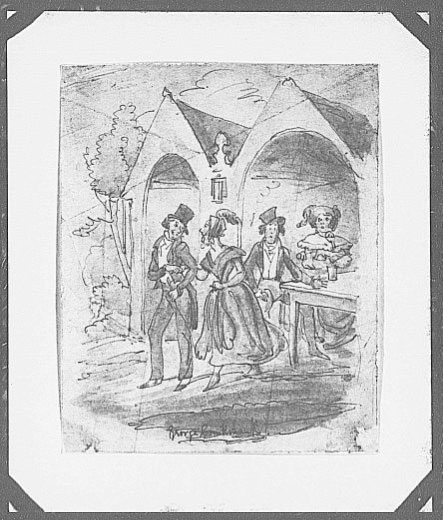
Charles Dickens marries Catherine Hogarth. He accepts the job of editor of Bentley's Miscellany, a position that he would hold until 1839. Dickens publishes his first book Sketches by Boz, with illustrations by George Cruikshank. In April, serial publication of The Pickwick Papers begins
George Eliot's mother dies
John Ruskin, accompanied by his mother, attends Christ Church, Oxford
William Thackeray publishes his first book, Flore et Zephyr, lithograph caricatures of the ballet 'La Sylphide'. On 20 August he marries Isabella Gethin Shawe
Queen Victoria ascends to the throne
Birth of Algernon Charles Swinburne
Charles Dickens' son Charles is born, the first of seven sons and three daughters. The family move to Doughty Street. The Adventures of Oliver Twist continues in monthly parts in Bentley's Miscellany until April 1839
Dante Gabriel Rossetti enters King's College School, London
John Ruskin publishes a series of articles entitled 'The Poetry of Architecture' in the Architectural Magazine
The Tennyson family moves to High Beech, Epping
William Thackeray returns from Paris to London, where his daughter Anne Isabella Thackeray Ritchie is born. He writes for the Times, the New Monthly Magazine and Punch. The Yellowplush Papers is published in Frazer's magazine between 1837-1838
People's Charter issued by the Chartist movement; first Afghan War
Edgar Allan Poe, The Narrative of Arthur Gordon Pym
Charlotte Brontë returns to Haworth; Emily Brontë briefly teaches at Miss Hatchett's school
Elizabeth Barrett Browning publishes The Seraphim and Other Poems, which is favourably received and marks the beginning of a successful literary career. Her poor health requires her to move to Torquay, accompanied by her favourite brother, Edward ('Bro')
Charles Dickens publishes The Life and Adventures of Nicholas Nickleby (Monthly serial, April 1838 to October 1839)
Alfred Tennyson becomes engaged to Emily Sellwood
William Thackeray's second daughter Jane is born, but dies eight months later
First Opium War in China
Thomas Carlyle, Chartism; The New York Philharmonic is established; birth of Walter Pater
Ouida is born; Harriet Martineau, Deerbrook; Edgar Allan Poe, The Fall of the House of Usher
Charlotte Brontë rejects a marriage proposal from the Rev. Henry Nussey and becomes a governess to various families in Yorkshire. Anne Brontë becomes a governess for the Ingham family at Blake Hall, near Mirfield, but is dismissed and returns home in December
John Ruskin wins the Newdigate Prize for poetry at Oxford
William Thackeray's parody of the Newgate novel, Catherine, is published in Frazer's magazine from 1839-1840
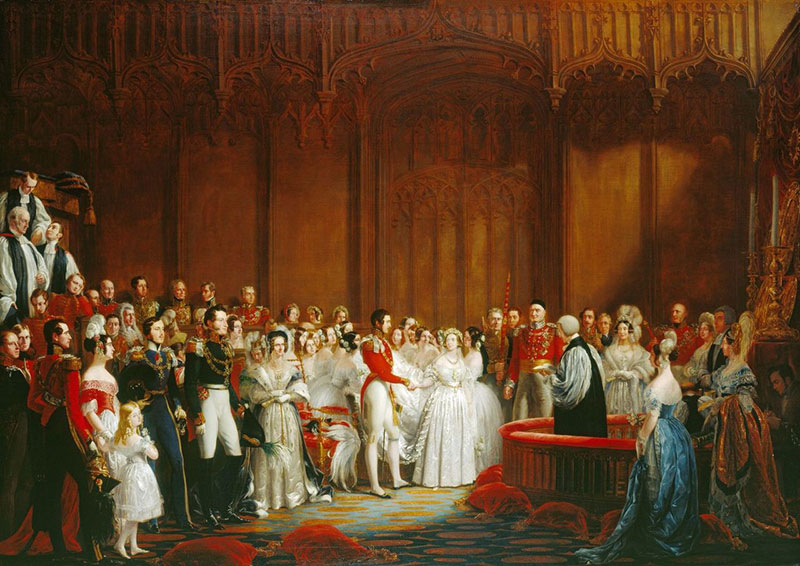
Queen Victoria marries Albert, who becomes Prince Consort; Britain annexes New Zealand; penny postage is introduced in Britain
Fox Talbot patents the Calotype photographic process; The Barbizon art movement leads to a revival of landscape painting; Claude Monet is born
Anne Brontë becomes governess to the children of the Reverend Edmund Robinson, at Thorp Green, near York
Elizabeth Barrett Browning's favourite brother, Edward, is drowned off Torquay, where she has been invaliding. Elizabeth returns to London. Robert Browning publishes Sordello
Charles Dickens, The Old Curiosity Shop
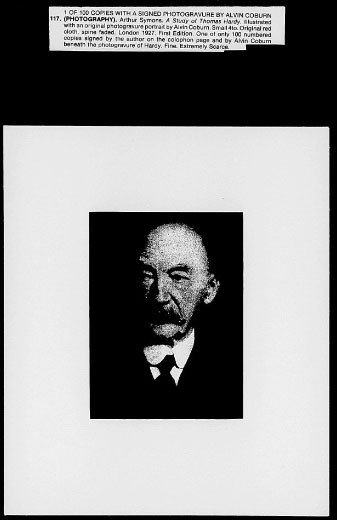
Thomas Hardy is born on 2 June in Higher Bockhampton, Dorset
John Ruskin meets JMW Turner. He falls ill and leaves Oxford with an honorary fourth class degree for a foreign tour with his parents
Alfred Tennyson's engagement to Emily Sellwood is broken off and the Tennyson family move to Tunbridge Wells
William Thackeray's third daughter Harriet Marian is born. His wife Isabella goes insane and is confined in a home near Paris, where she remains until 1893. A Shabby Genteel Story is published in Frazer's magazine in 1840.
Birth of Edward VII of England, son of Queen Victoria and Prince Albert; Britain claims Hong Kong; beginning of the second Afghan War
Edgar Allen Poe writes the Masque of the Red Death and the Murders in the Rue Morgue.
Robert Browning's series Bells and Pomegranates begins publication
Charles Dickens, Barnaby Rudge
George Eliot's father retires and they both go to live at Foleshill near Coventry, where Eliot moves in an intellectual circle that includes Charles Bray and Charles Hennell, as well as Robert Owen, Herbert Spencer, Harriet Martineau and Ralph Waldo Emerson. The influence of this circle leads Eliot towards religious scepticism
John Ruskin writes his novelette The King of the Golden River for the twelve-year-old Euphemia Gray, whom he later marries
William Thackeray's The Great Hoggarty Diamond and The Paris Sketch Book published
First use of anaesthetic in a medical operation; the Mine Act takes effect in the UK forbidding employment of boys under ten and women underground; British troops retreat from Afghanistan ending the war; First Opium War ends; Gold is discovered in Australia; Chartist Riots occur
Verdi's first performance of Nabucco takes place; The British Copyright Act stimulates the music market
Thomas Arnold, Matthew Arnold's father, dies
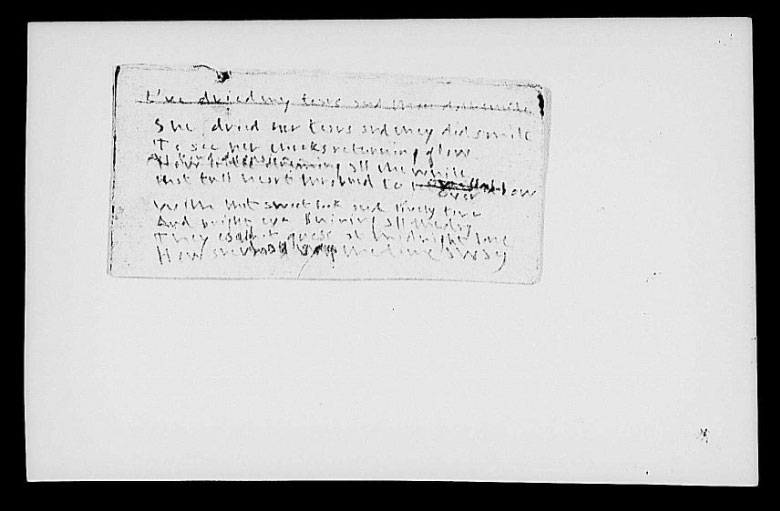
Emily Brontë begins work as a governess at Miss Patchett's Ladies Academy at Law Hill School, near Halifax, leaving after about six months due to homesickness. Charlotte and Emily travel to Brussels to enrol in a pensionnat run by Constantin Heger, returning when their aunt Elizabeth Branwell dies in October 1842
Charles Dickens travels with his wife to the USA, where he arrives to an enthusiastic welcome in Boston. American Notes: For General Circulation
George Eliot refuses to attend church with her father, causing a rift between herself and her family
Dante Gabriel Rossetti leaves King's College School to attend F. S. Cary's Academy of Art
Alfred Tennyson publishes his Poems, a two volume edition formed of revised and new poems, including 'Break, break, break', 'Morte d'Arthur', 'Locksley Hall', 'St. Agnes' Eve', 'Ulysses' and 'St. Simeon Stylites'
William Thackeray, The Fitz-Boodle Papers
Mass migration westward via the Oregon Trail in the US
Theatre Regulation Act abolishes the monopoly of the Drury Lane and Covent Garden theatres in London and extends the censorship powers of the Lord Chamberlain
William Wordsworth appointed Poet Laureate; Thomas Hood, The Song of the Shirt
At Balliol College, Oxford, Matthew Arnold wins the Newdigate Prize for poetry with 'Cromwell'
Charlotte Brontë returns to Brussels in January
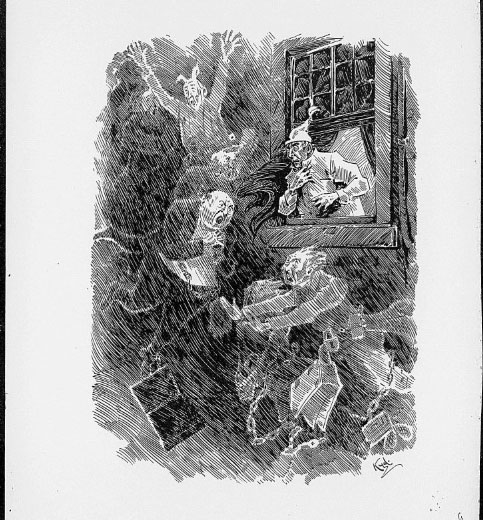
Charles Dickens, A Christmas Carol; The Life and Adventures of Martin Chuzzlewit
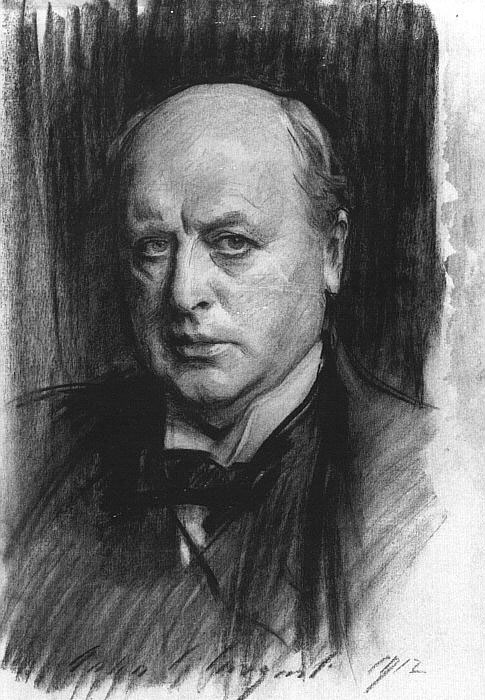
Henry James is born in New York on 15 April. In October the family sails for Europe - they will travel back and forth throughout his childhood. He is educated by private tutors until the age of 12
John Ruskin publishes the first volume of his seminal Modern Painters,
Alfred Tennyson makes a disastrous investment, losing his entire fortune of £3500 on a project to make wood carvings by steam
The Irish Sketch book is Thackeray's first work to appear under his own name
Samuel Morse despatches the first telegraph message from Washington to Baltimore
Friedrich Nietzsche born
Birth of Gerard Manley Hopkins
Matthew Arnold leaves Balliol College, Oxford with second class honours. Arnold takes a year-long post at Rugby, as an assistant teacher
Charlotte Brontë returns to Haworth, unsuccessfully attempting to start a school
Elizabeth Barrett Browning publishes her two volume Poems, which receives widespread acclaim
Charles Dickens goes to Italy
Alfred Tennyson has an emotional breakdown
William Thackeray's first real novel, the picaresque Barry Lyndon, displays a masterful use of the unreliable narrator
First Sikh War; the pneumatic tyre invented; potato famine in Ireland begins
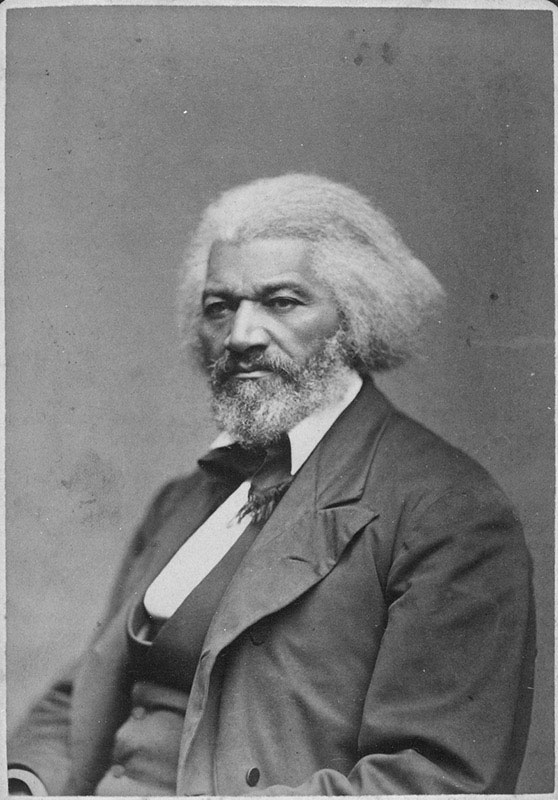
Frederick Douglass, A Narrative of the Life of Frederick Douglass
Arnold becomes a fellow of Oriel College, Oxford
Anne Brontë leaves her post with the Robinson household after Branwell's affair with its mistress is discovered. Branwell returns to Haworth for a life of addiction and substance abuse
Robert Browning visits Elizabeth Barrett Browning after reading her poetry. Her father's opposition to the marriage of any of his children requires their courtship to be carried out in secret. Elizabeth begins work on her Sonnets from the Portuguese during this period
The Cricket on the Hearth
Mexican-US war begins; repeal of the British Corn Laws; railway boom begins
Charlotte, Emily and Anne publish their first work Poems by Currer, Ellis, and Acton Bell, which passes largely unnoticed
Robert Browning and Elizabeth Barrett Browning are married secretly in London, before settling in Florence
Wilkie Collins becomes a law student in London
Charles Dickens edits the newly founded Daily News for 17 numbers before a disagreement with the publishers, Bradbury and Evans, causes him to resign. Dombey and Son
George Eliot completes her translation of Strauss's Life of Jesus
In July Dante Gabriel Rossetti leaves Cary's Academy and is admitted as a student to the Antique School of the Royal Academy
John Ruskin, Modern Painters, Volume II
Serialisation of William Thackeray's highly successful Book of Snobs (1846-7) for Punch
Matthew Arnold is appointed as private secretary to Lord Lansdowne, a liberal peer
Charlotte Brontë's Jane Eyre is published, followed two months later by Emily Brontë's Wuthering Heights , then Anne's Agnes Gray. The novels are published under the sisters' pseudonyms, and the works receive much public interest, although rumours that they are written by a single author persist. Jane Eyre is an immediate critical success, although Wuthering Heights is attacked by some critics
Dante Gabriel Rossetti writes the first draft of his 'The Blessed Damozel'
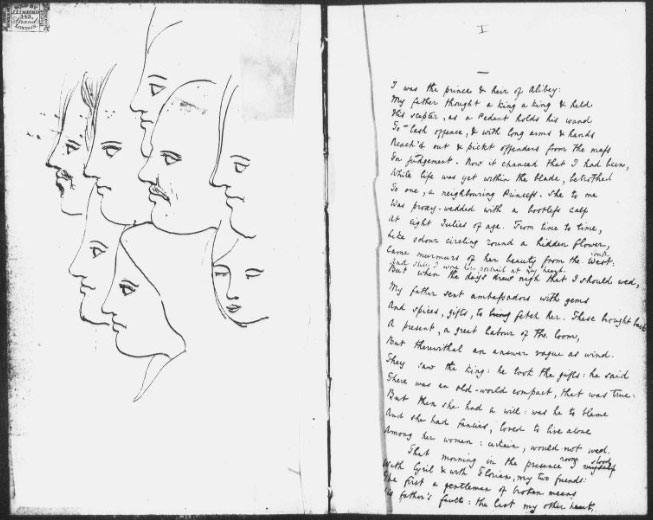
Alfred Tennyson's poem 'The Princess' is published
William Thackeray's novel Vanity Fair (1847-8), published in monthly parts, is an immediate critical and popular success
Gold discovered in California; First Women's Rights Convention held at Seneca Falls, US; Cholera epidemic takes hold in Britain; The Health Act is passed
The Pre-Raphaelite Brotherhood of English artists is founded; Karl Marx and Friedrich Engels, The Communist Manifesto
Elizabeth Gaskell, Mary Barton
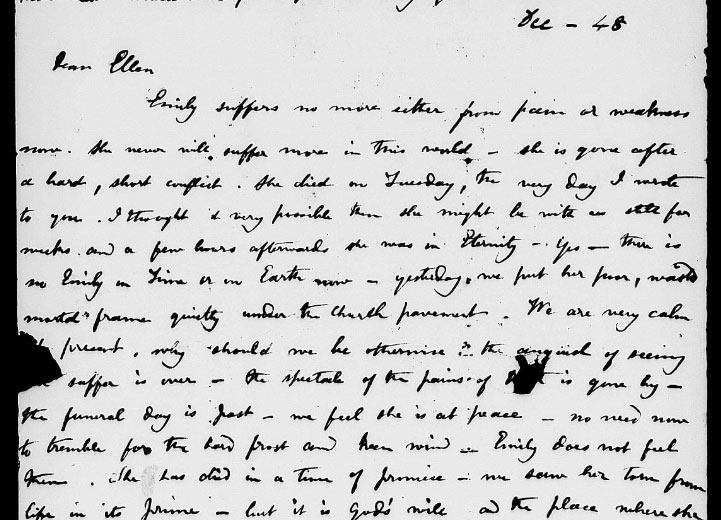
Anne Brontë The Tenant of Wildfell Hall. Branwell's alcoholism contributes to his early death in September. Emily dies of tuberculosis on 19 December after catching a cold during the funeral of her brother
Wilkie Collins' first publication, Memoirs of the Life of William Collins, Esq., R.A.
Charles Dickens' final Christmas book, The Haunted Man
Thomas Hardy attends his first school at Bockhampton
After leaving the Royal Academy, Dante Gabriel Rossetti studies under Ford Madox Brown, with whom he is to retain a close relationship throughout his life. Rossetti settles with Holman Hunt in joint studio at 7 Cleveland Street, London
John Ruskin marries Euphemia Gray, a distant cousin
The History of Pendennis (1848-50). Thackeray becomes attached to Jane Brookfield, the wife of a Cambridge friend
The first female physician graduates in Geneva; The Frankfurt Parliament is established in Germany
Arnold publishes his first volume of verse, The Strayed Reveller, and Other Poems
Anne Brontë dies of consumption at Scarborough on 28 May. Charlotte Brontë publishes her second novel, Shirley
Elizabeth Barrett Browning and Robert Browning have a son, Robert Wiedemann Barrett Browning or 'Pen'
David Copperfield begins running
George Eliot travels with the Brays on the Continent
Ruskin's book The Seven Lamps of Architecture awakens interest in Gothic architecture. He travels to Venice to study the city's architecture from November to March 1850
Tennyson renews his correspondence with Emily Sellwood
Levi Strauss invents blue jeans
Nathaniel Hawthorne, The Scarlet Letter; William Wordsworth publishes his final version of The Prelude
Elizabeth Barrett Browning publishes a further volume of Poems, including the Sonnets from the Portuguese. Robert Browning publishes Christmas-Eve and Easter-Day
Wilkie Collins' first novel, Antonina; or, The Fall of Rome
Charles Dickens founds his own magazine, Household Words which runs until 1859
George Eliot moves to London with the intent of becoming a writer. She is assistant editor at John Chapman's Westminster Review
Thomas Hardy is sent to a private school in nearby Dorchester
Dante Gabriel Rossetti meets Elizabeth Siddal, a milliner's assistant, who becomes an important model for many of his artworks. The periodical The Germ (later renamed Art and Poetry), is established by the Pre-Raphaelite Brotherhood
John Ruskin publishes his Collected Poems
In Memoriam, Alfred Tennyson's elegy for Hallam, is published. He is appointed Poet Laureate and marries Emily Sellwood